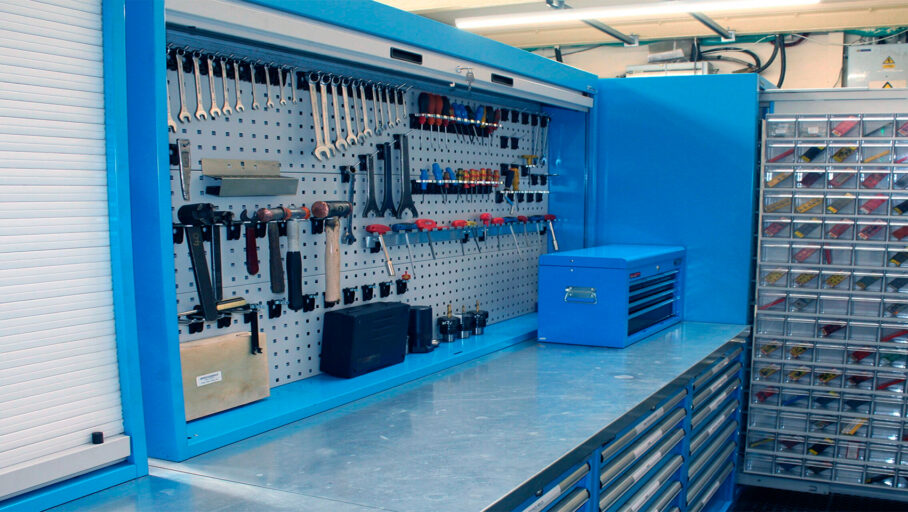Why Banks Refuse Loans to Sole Proprietors
If you’ve ever walked into a bank as a sole proprietor hoping to get a loan — and walked out empty-handed — you’re not the only one. For many self-employed business owners, especially those running a one-person operation, getting financing feels like running into a wall. The bank might smile politely, glance at your documents, and still say no. But why? You’ve got income. You’ve got clients. You pay taxes. So what’s the problem? Let’s unpack why banks are so cautious with sole proprietors and what you can actually do to improve your chances of getting a “yes.”
The Risk Lens Banks Use for Sole Proprietors
Banks don’t lend based on hope — they lend based on risk. And from their perspective, sole proprietors often fall into a high-risk category. You don’t have the structure of a company, no corporate credit history, and everything rides on you. If you get sick, lose a big client, or just hit a slow season, your income can drop fast. That unpredictability makes lenders nervous.
Unstable Income = Unstable Repayment
Most banks like borrowers who receive consistent, traceable income — like salaried employees. If your income varies month to month, even if it averages out well over the year, banks see that as a warning sign. Their concern is simple: how will you make your monthly payments if your income takes a dip?
High Default Rates Among Small Borrowers
Statistically, loans to self-employed individuals have higher default rates. That doesn’t mean you’ll default — but it makes lenders more cautious. If a bank had to choose between lending to a salaried worker with a steady paycheck and a freelancer with fluctuating revenue, guess who gets the nod?

Documentation Woes: The Paper Trail Problem
Another reason banks say no? Incomplete or inconsistent paperwork. As a sole proprietor, your financial documentation is probably less formal than a corporation’s. You might not separate personal and business accounts. Maybe you don’t have detailed profit and loss statements or audited tax returns. For a bank, that makes it hard to evaluate your financial health.
Lack of Standard Financial Statements
Banks typically ask for documents like:
- Tax returns (last 2–3 years)
- Bank statements
- Profit and loss reports
- Balance sheets
If you’re not tracking income and expenses in a structured way, or if your records are messy or incomplete, lenders don’t have enough information to assess your ability to repay.
Mixing Personal and Business Finances
This is common and problematic. If your grocery bills, utility payments, and client deposits all run through the same account, it muddies the waters. Banks want to see clear business revenue — not personal spending mixed in. When the lines blur, the risk rises.
No Credit Trail: Business vs Personal Credit
As a sole proprietor, your business doesn’t have its own legal identity. That means you don’t have a business credit file unless you’ve set one up intentionally — and even then, it’s limited. So banks often base lending decisions on your personal credit history. If that’s not spotless, you’re out of luck.
Credit Score Matters — Even for Business Loans
Unless you’ve formed an LLC or corporation with its own credit history, your personal credit score is front and center. Late payments, high debt utilization, or limited credit history can all hurt your application — no matter how successful your business is.
Limited Collateral
Sole proprietors often don’t own commercial property or assets the bank can claim if the loan isn’t repaid. Without collateral, unsecured loans become much harder to get. Some lenders may accept personal property as security, but that adds risk for you — and often still isn’t enough to tip the scales.
Cash Flow, Not Just Revenue, Counts
You might be earning well — but banks care more about cash flow than top-line income. If your business takes in $100,000 a year but expenses eat up $80,000, there’s not much left to make loan payments. A strong bottom line matters more than a big top line.
Seasonal Businesses Raise More Flags
If your income peaks in summer or only arrives in bursts — like wedding photographers or tax advisors — banks see uneven cash flow as a risk. Even if you average solid earnings, they worry about those slow months when payments might be missed.
Debt-to-Income Ratio Still Applies
Even for business owners, banks look at your debt load relative to income. If you already carry personal credit card debt, car loans, or a mortgage, your capacity for more debt may be too tight. They want to see that loan payments won’t stretch you thin.

So What Can You Actually Do About It?
Good news: being a sole proprietor doesn’t mean you’re doomed to rejections. But you do need to be proactive and strategic. There are ways to improve your chances and build a stronger case for lending — even without forming a company.
Separate Your Finances
Open a dedicated business bank account and run all income and expenses through it. That simple step helps you track your cash flow, simplify taxes, and give lenders a clearer picture of your business health. It also shows professionalism.
Keep Detailed Records
Use accounting software to track income and expenses. Generate regular profit and loss statements. Document client payments, invoices, and any recurring revenue. Banks want structure, not guesswork — the more formal your records, the better your chances.
Build Your Personal Credit
If your business credit is limited, focus on your personal credit score. Pay bills on time, reduce credit card balances, and avoid applying for too many loans at once. A clean credit file makes you less risky in the bank’s eyes.
Start Small, Then Scale
Rather than applying for a large loan right away, consider starting with a small business credit card or a microloan. Repay it reliably, build a payment history, and then move up to larger loan amounts. Lenders like to see proof that you handle credit responsibly.
Offer Collateral or a Co-signer
If you have valuable equipment, savings, or property, offering it as collateral may strengthen your case. Alternatively, having a co-signer with strong credit can reduce the bank’s perceived risk. Just make sure you understand the terms before putting personal assets on the line.
Explore Alternative Lenders
Traditional banks are cautious. But online lenders, credit unions, and community development programs often have more flexible criteria. Some specifically serve sole proprietors and freelancers. Their terms may be different, but they can offer a foot in the door when big banks say no.
The Conclusion
Getting a loan as a sole proprietor isn’t impossible — but it takes planning, clarity, and a little extra work. Banks are conservative by nature, and when they can’t clearly see your income, risk level, and repayment ability, they’ll default to “no.” Your job is to make their decision easier by showing that you’re organized, reliable, and financially stable — even without a big company behind you. Turn the rejection into a roadmap. With better records, a stronger credit profile, and the right lender, your next application might get the response you’ve been waiting for.



